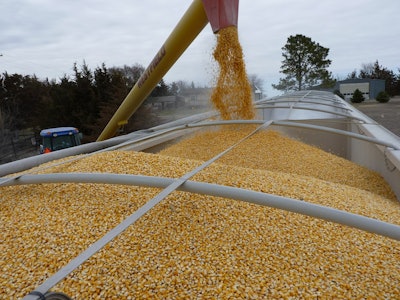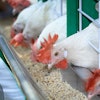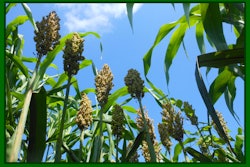
U.S. producers are urging their government to challenge a loomingMexican ban on genetically modified (GM) cornunder a regional free trade agreement, warning of billions of dollars of economic damage to both countries, reportsReuters.
A late 2020 decree by Mexico President Andres Manuel Lopez Obrador would phase out GM corn and the herbicide glyphosate by 2024.
Ban would impact U.S., Canadian farmers the most
Mexico imports about 17 million metric tons (669,256,000 bushels) of U.S. corn a year and is on track to import even more this year.
According to areport from CropLife International:
- Farmers in the U.S. are expected to experience a net economic loss of $3.1 billion and could shrink GDP by $7.95 billion in the first 10 years after implementation
- Canadian farmers are expected to experience a net economic loss of $171 million and could shrink GDP by $73 million in the first 10 years after implementation
- U.S. employment could fall by 8,700 jobs annually, 1,400 of which are directly tied to grain farming
Mexico cannot provide enough domestic corn nor can they source a sufficient amount of non-GM corn to support its domestic food and feed needs, says the report. In 2021, Mexico’s corn imports accounted for 4.4% of all the corn produced in the U.S. (24% of U.S. corn exports).
Changes resulting from a blanket ban on GM corn would significantly disrupt global corn exports and the import of corn to Mexico, since over 90% of corn produced in the U.S. is GMO.
What can the U.S. do?
According toReuters,Washington could potentially raise a dispute under the agriculture chapter of the USMCA stipulating cooperation between members on an individual government's regulation of imports.
A dispute settlement can apply under some USMCA chapters when a country considers one member government has nullified or impaired a benefit that was in place when the pact was signed.
Ban raises food security issues for Mexico
In August, aMAIZALL delegation visited Mexicowhere they met with government representatives and industry stakeholders to discuss the GM ban.
The delegation, international alliance of maize growers which includes theNational Corn Growers Association (NCGA)and theU.S. Grains Council (USGC), also raised concerns about the likely impact of the lack of authorizations by Mexico of new GM corn events for import since May 2018.
Mexico’s annual import of 17 MMT of GM corn could be jeopardized by the combination of the presidential decree and the lack of authorizations of new GM events for import, said the delegation.
Since it is very unlikely that such volumes of non-GM corn will be available in international markets in 2024, Mexico’s current policy will lead to food insecurity and affordability of many of its staple foods, such as corn tortillas.
“The trading relationship between our countries and Mexico continues to be positive for grains and grain products, and MAIZALL works closely with the grain, feed and livestock industries in Mexico that value the commodities we provide,” said MAIZALL President Federico Zerboni.
“But implementing the ban and withholding the authorization of new GM events for imports would be detrimental to Mexico’s food security – making more non-GM supplies harder to find – and counterproductive to food prices for Mexican consumers and the competitiveness of Mexico’s livestock industry. The pandemic and the recent Russian invasion of Ukraine have demonstrated that feed security and affordable food cannot be taken for granted.”






















